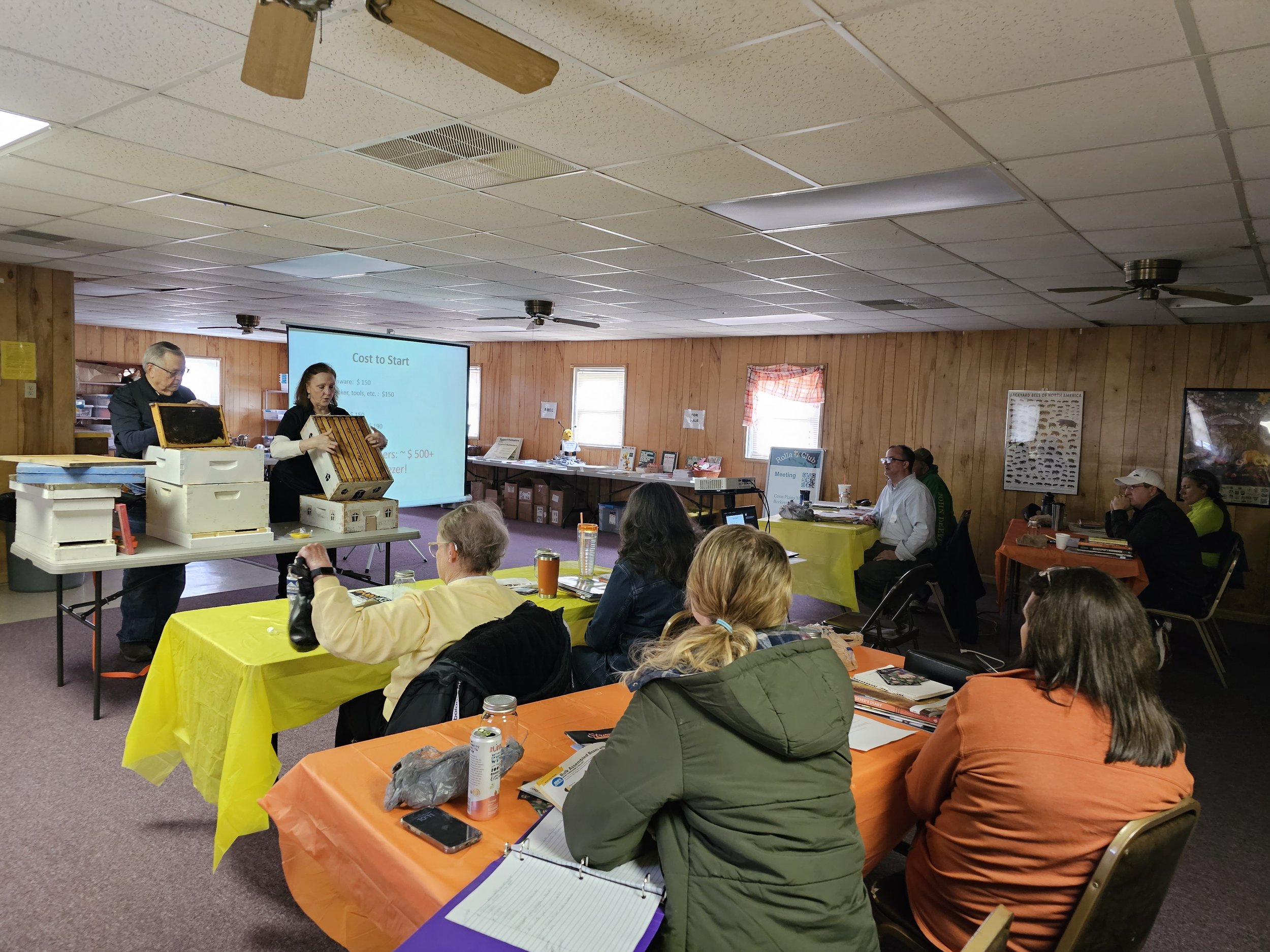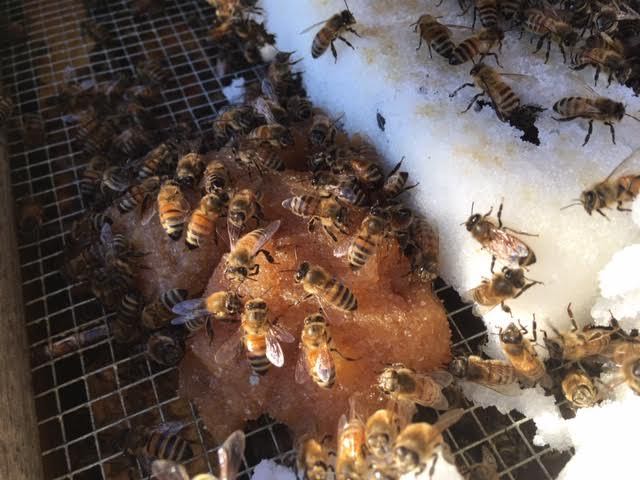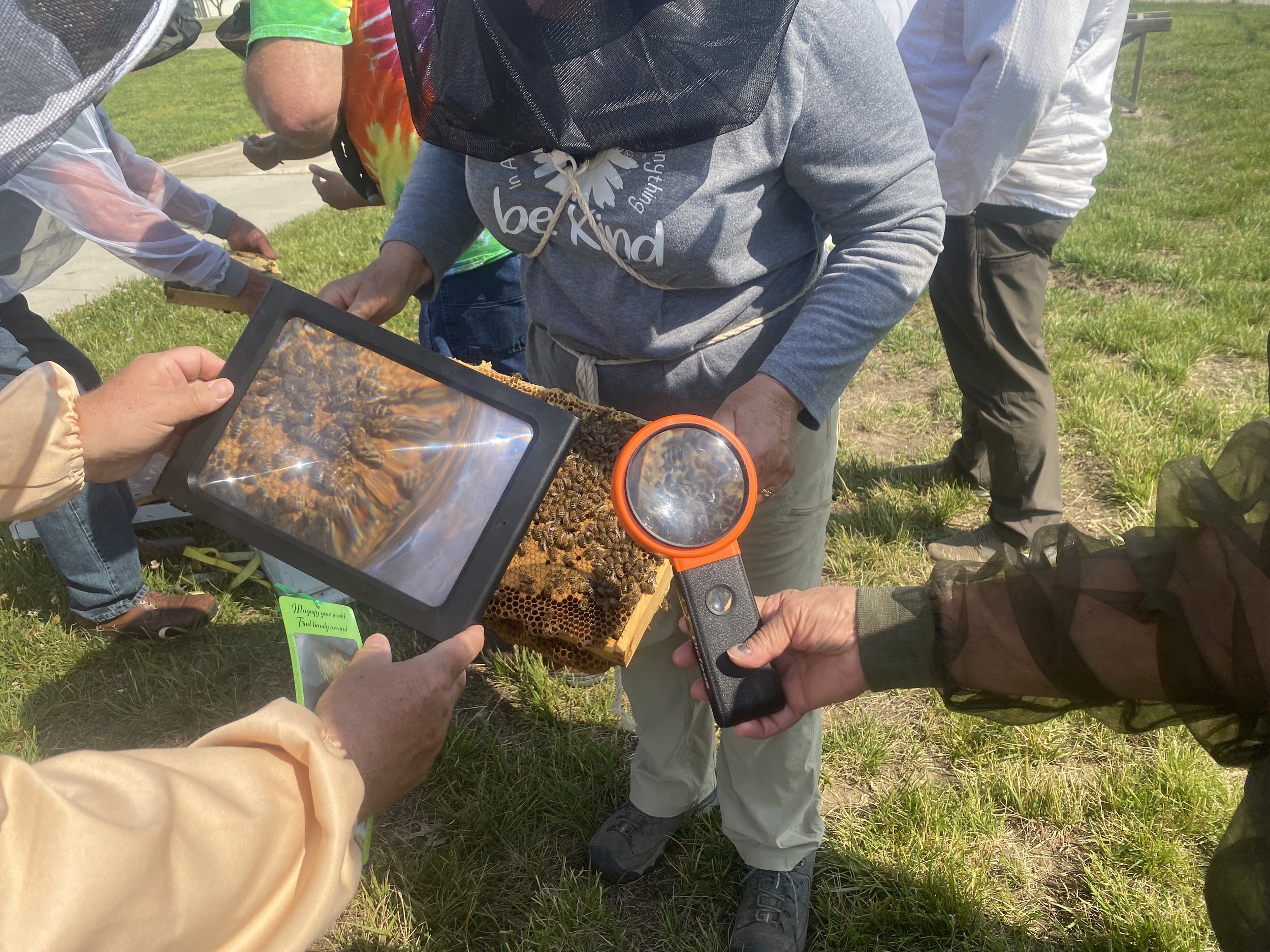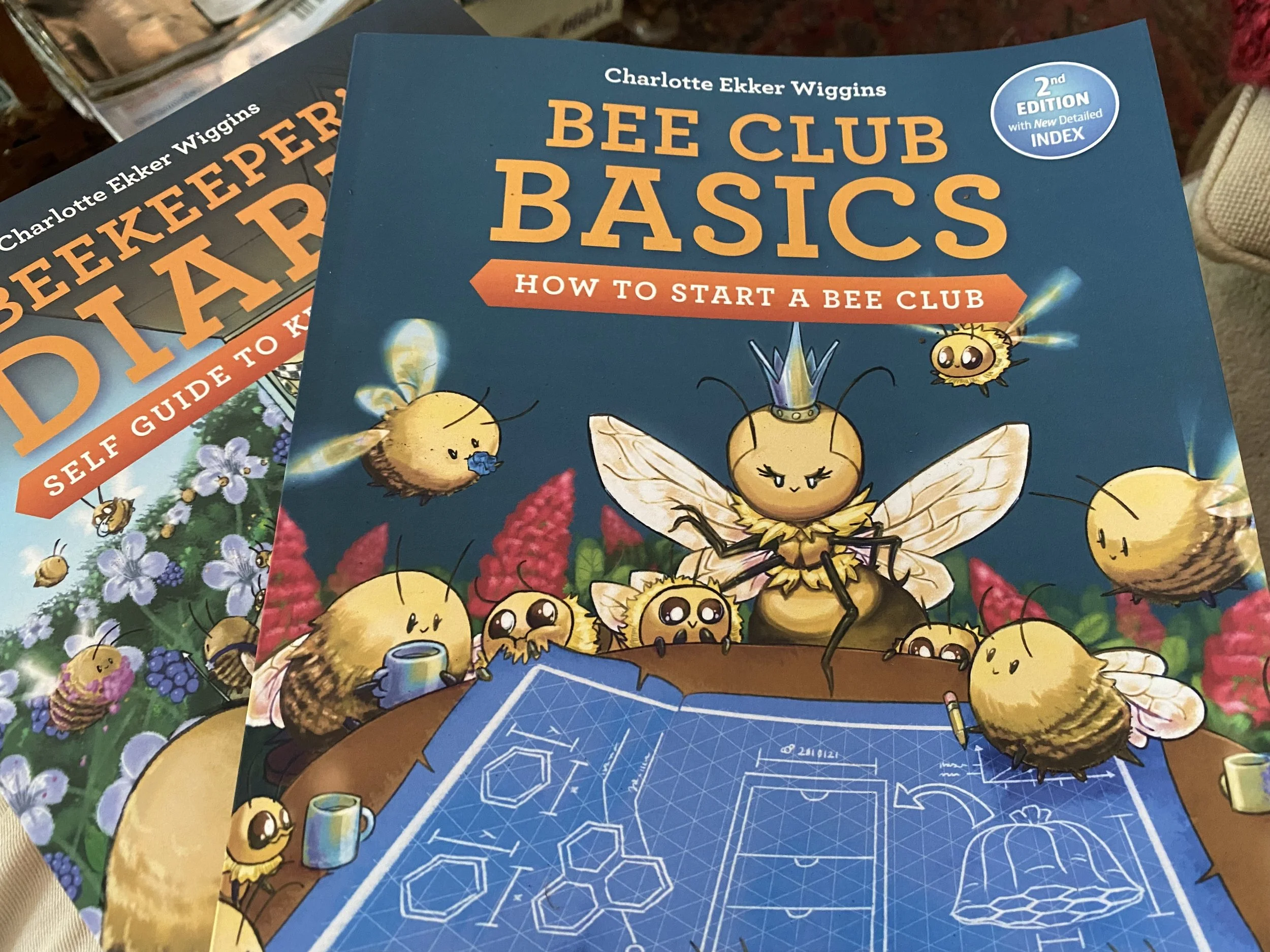Superorganisms Are Family
/A sweet Christmas gift from a friend got me thinking about families. (Photo by Charlotte Ekker Wiggins)
Superorganisms Are Family
One of the concepts beginning beekeepers struggle with is the idea of a bee colony as a superorganism. According to Wikipedia, a superorganism is “a group of synergistically interacting organisms of the same species.” an important concept for a new beekeeper to understand as they learn how bees interact and work together.
Scientists will argue that only a few species meet this inter-dependent and supportive criteria. Ants, for example, work together for the benefit of the colony. So do honey bees. And in a sense, so do we as healthy functioning countries, communities and families.
I can think of a number of times my parents made decisions that were in the best interests of the family and not necessarily them as individuals. Bees also make similar decisions. Sick bees will leave the hive to die away from the colony. Guard bees will sting, and loose their lives in the process, to protect the colony.
Bees, like families, also work together for the benefit of the whole colony. They store flower nectar, then dehydrate it, to store food for winter consumption. They will groom each other, share water and pollen, and communicate the location of food sources.
As we continue to navigate the unknown challenges of a pandemic, getting vaccinated is a step we can all take to benefit the rest of our neighbors. As we get vaccinated, we are creating a superorganism to combat COVID and its associated, and newly-mutating viruses.
i suppose calling a family a superorganism may sound silly but that’s what it is, a group of people living together and making decisions for the benefit of everyone. We can use a little of that today.












